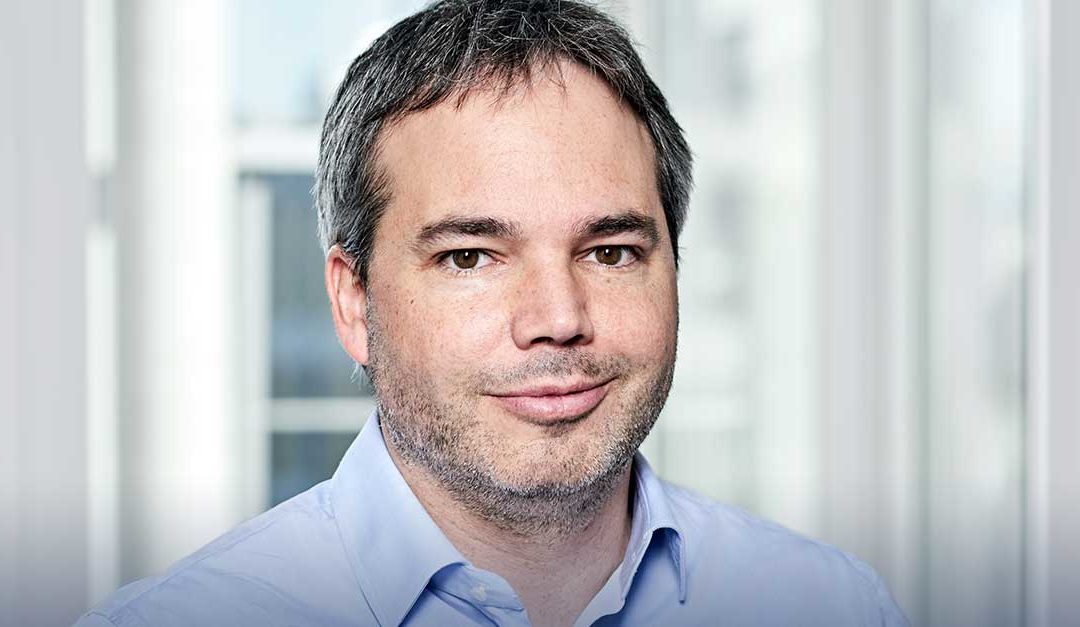1. Please tell us a bit about yourself, both at work and leisure.
I’ve been involved in digital startups for 19 years, for a long time as an entrepreneur, later at Rocket Internet for 4.5 years as managing director. In 2012, I founded Project A. We are an operational VC. This means that we invest in early-stage startups across Europe and support them operationally with our 100 experts in areas such as Business Intelligence, Marketing, Sales & Customer Success, Software Engineering, and many more. At times short-term and on a project basis, at times over several months, with the aim of supporting our ventures with our expertise and transferring it, both operationally and strategically. Our main goal is to help our portfolio companies grow and generate sustainable value.
My free time I devote to my family.
2. What are your professional focus areas, overall and within FinTech?
The digital industry is very dynamic. So we have to look very closely at the trends and their development. When investing we are interested in long-term solid relationships. For us, the priority lies not only with the business model and the product but also the founding team. Successful companies need passionate leaders and visionaries.
Nevertheless, at the moment we are specifically looking at sectors like digital health, industry 4.0, AI, PropTech and of course FinTech. We are already active in these fields. For example, we already invested in companies such as Kry, Micropsi and Artisense. Thus, either under-digitized areas or areas that are currently forming and that we firmly believe in.
Within the FinTech and InsureTech sector, we invested in promising companies like WorldRemit in 2013, Liqid in 2015, and Gabi in 2017. In 2018, we have looked at around 250 companies from this sector. Of course, we are always on the lookout for new auspicious FinTech ventures!
3. What opportunities or challenges are FinTechs creating for European Financial Institutions?
Highly regulated sectors like finance – but also healthcare – are complex topics in terms of investing. Still, we see a lot of innovations coming from within the digital ecosystem that ensure a lot of movement. We certainly need regulations in these sensitive fields – but we also need new business models and digital products.
What I see happening is that regulations are slowly but surely getting looser. Just a few years ago building a product that needs a banking license would have been linked to many challenges and workarounds, might have even been completely unthinkable. Today, we see more and more young companies operating with a banking license. And I think this happens due to two things. A, the institutions see the need for a change. And B, the digital ecosystem matured immensely in the last ten years. We see more and more serial entrepreneurs who gained trust and operate on a completely new and highly professional level.
4. What do you think about the incumbents’ response so far?
There is definitely a higher degree of openness and interest for startups in the corporate world which opens up more opportunities to partner.
5. Which way do you see the sector going and who would be the likely winners?
Forecasts like this are really difficult to make. But seeing all the successful companies and even unicorns arising such as N26, Revolut and Monzo. I think the sector will continue to do very well in the next years. Across all sectors, we also keep seeing a growing number of competence or knowledge-driven acquisitions by established corporates who are more and more interested in acquiring young digital companies as valuable assets to secure their competitiveness.
6. What tip would you like to give FinTech entrepreneurs?
Do your homework, be persistent, be passionate – this basically applies to all entrepreneurs. And be aware of the regulatory framework from the start.
7. What’s on your bookshelf/holiday reading list?
Measure What Matters by John Doerr. It’s a great guide to setting up the OKR framework, growing companies effectively, increasing and measuring performance.

